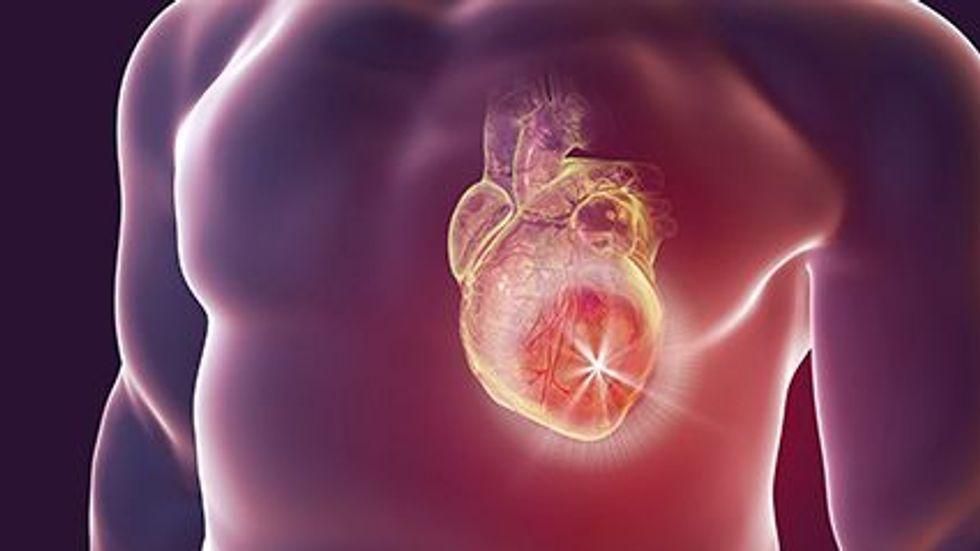
Planning ahead will reduce the risk of allergies and asthma interfering with your holiday plans, an expert says. “In addition to concerns about COVID-19, those with allergies and asthma sometimes have an added layer of anxiety because they need to always be thinking about allergy and asthma triggers that can cause serious symptoms,” said Dr.… read on > read on >






























